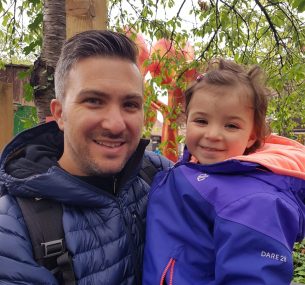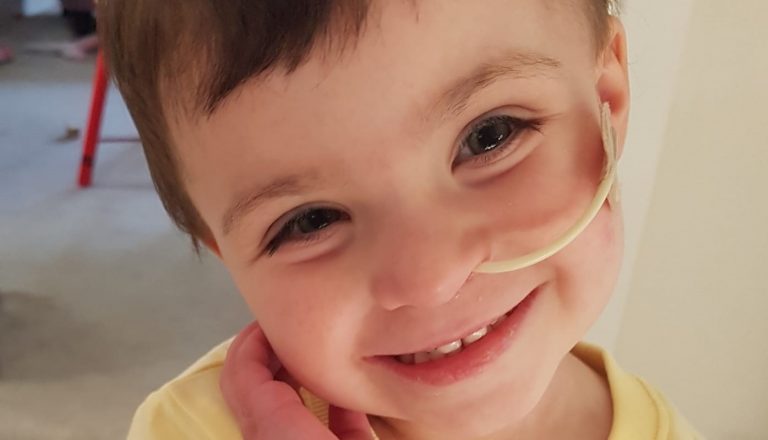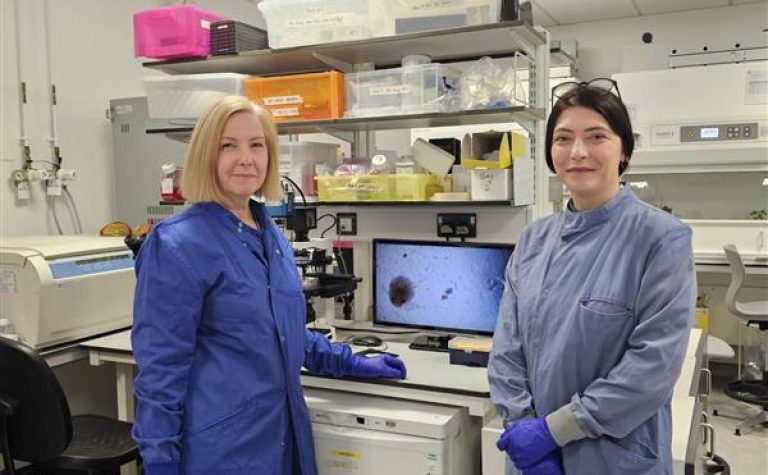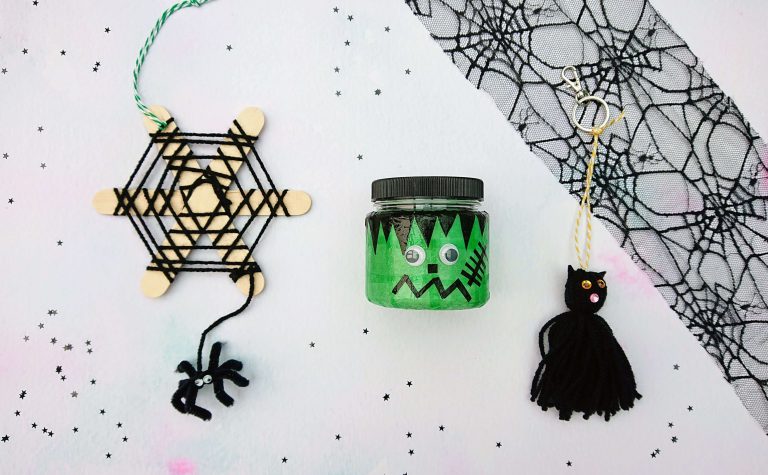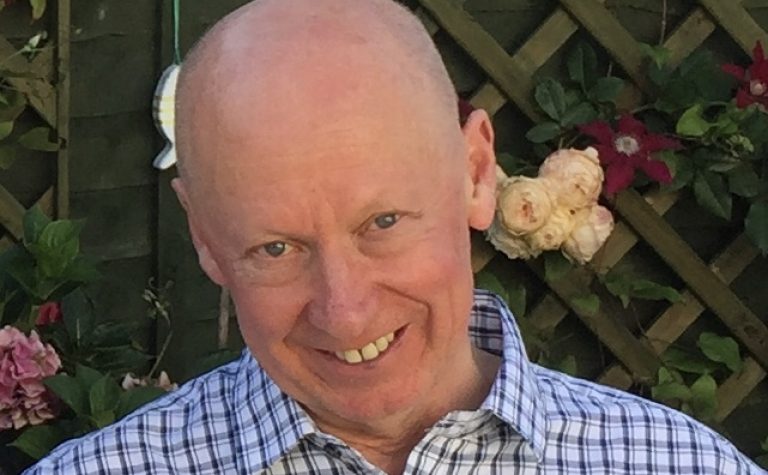The latest polling of parents and siblings of children with cancer or in remission from cancer was conducted to uncover the extensive short and long-term impact that cancer treatment can have on young patients and their families.
The Side Effects of Childhood Cancer Survey, commissioned by childhood cancer research charity Children with Cancer UK, and conducted by One Poll, coincides with Childhood Cancer Awareness Month this September.
In addition, the research found that almost a quarter (22%) of those surveyed reported having ‘little or no’ information of support regarding the long-term side effects of childhood cancer treatment, such as infertility and 22% of respondents also called for greater prevention into the long-term side effects of treatment.
One researcher helping to minimise some of the major long-term side effects of treatment is Rod Mitchell, Professor of Developmental Endocrinology at the MRC Centre for Reproductive Health, University of Edinburgh. Professor Mitchell has undertaken extensive research, funded by Children with Cancer UK, into fertility preservation for boys treated for cancer before puberty. The ground-breaking research offered the possibility of storing testicular tissue from boys with cancer whose treatment put them at high risk of future infertility.
Professor Mitchell commented:
As clinical researchers working in childhood cancer, we are acutely aware of the long-term side effects that the treatments can cause, which often include infertility. Our clinical research programme is focused on preventing infertility as a result of cancer treatment, either by altering treatments to make them less damaging to future fertility, or by freezing and storing testicular or ovarian tissue before treatment. Stored tissue will be available to patients when they reach adulthood, with the aim of restoring fertility. This provides some much-needed optimism around the time of diagnosis for children and their families.
Katy’s son Adam* was diagnosed with medulloblastoma, a brain tumour, in 2018, aged just 6. What followed was a gruelling 18 months of surgeries, chemotherapy and proton beam therapy in Germany. Adam, now 9, finished treatment in February 2019. Among the many side effects of the harsh treatment he underwent, such as hair loss, weight loss, headaches, changes in mood, scars and permanent damage to his right leg and foot, Adam’s future fertility may also be impacted.
Just a few days after his diagnosis, his parents met with a paediatric endocrinologist at the Royal Hospital for Sick Children in Edinburgh to discuss Adam’s fertility. They decided to undertake a procedure to surgically remove and freeze part of one of his testicles in the hope that future advances in science would help him conceive naturally using the tissue.
We live in hope that one day the treatment is there so that he has the option to have a child. It’s obvious that he wants to be a dad one day, he’s only 9 but when he plays with his teddies he’s always the daddy. At the moment he’s too young to understand so all he knows is that the doctors took part of his ‘magic’ and that it’s in a lab somewhere, waiting to be given back to him. We have a signed and sealed letter from his doctor to give to him when he’s 16 to explain the procedure. It gives us piece of mind to know that in 20 years’ time the treatment might be available and he may be able to be a dad. I’d advise anyone that has this option to go for it – it’s given us a glimmer of hope, Katy said.
*Name has been changed to protect privacy.
Alice Latham, 3, from Derbyshire, was diagnosed with high-risk neuroblastoma, a week before her second birthday in January 2019. Alice’s treatment consisted of chemotherapy, surgeries, immunotherapy and radiotherapy. Alice finished treatment in May. As part of her treatment Alice has had one of her ovaries removed and frozen but the future of her fertility is still uncertain. Learn more about her neuroblastoma diagnosis story here.
Alice’s father, Jamie Latham, explained:
Following Alice’s diagnosis of neuroblastoma we were told that the aggressive treatment carried a high likelihood of leaving her infertile. To increase her chances of being able to conceive naturally, we decided to use a process called ovarian tissue cryopreservation in which one of her ovaries was removed and frozen in a laboratory.
This process is not universally available at all cancer centres in the UK and the impression we got was that there was a perceived risk that her ovary may have some cancerous cells in it, but it is a lifeline for her. It can be transplanted back in in the future to help her have a child naturally or have eggs fertilised in an artificial environment.
To have to tell our daughter who has already been through so much that she may never be able to have children is unimaginable, but as a parent of a two-year-old daughter with neuroblastoma, you have no choice – it was either her life or her reproductive life in the future – this option gave us some hope.
The treatment itself was very aggressive and harsh on her body and she experienced many side effects, including hair and weight loss. Even though she has survived the treatment we simply do not know whether she will experience any ongoing emotional and physical issues later in life. As well as the possibility that she won’t be able to carry children, she might not grow to her full height and there is a risk she could develop a secondary cancer due to the radiotherapy.
Kinder therapies for childhood cancers are urgently needed. Chemotherapy is a blunt instrument that hits the cancer but takes everything with it. The research for this type of cancer has really lagged behind and the treatment is very hard hitting and toxic. It is vital for charities like Children with Cancer UK to continue to step in and fund research to find kinder and more effective treatments to not only improve survival rates, but also reduce the long-term side effects of current harsh treatments for children like Alice.
Commenting on side effects of cancer treatment, Mark Brougham, Consultant Paediatric Oncologist, Royal Hospital for Sick Children in Edinburgh, said:
Survival from childhood cancer has improved significantly in recent decades. However, treatments such as chemotherapy and radiotherapy can cause significant long-term side effects. As an oncologist it can be devastating to see the impact such side effects of cancer treatment can have on children and young people. We see patients in our clinics who are infertile as a result of their treatment many years earlier and it is frustrating that very little can be done to help them at that stage. However, with current research developments we can now offer genuine hope for patients needing such treatments that we can protect or restore fertility in the future.
Commenting on the survey findings, Children with Cancer UK CEO Mark Brider said:
Childhood Cancer Awareness Month helps highlight the impact of cancer on young people and their families. This year, we want to raise awareness of the debilitating, wide-ranging and often life-limiting long-term side effects of cancer treatment on young patients, such as decreased fertility and infertility. It is often assumed that after treatment children will resume a normal life; however, we are acutely aware that for many this is not the case. The harsh treatments used to save young lives can come with permanent and life-changing side effects such as infertility. More research into kinder, safer treatments is vital to improve survivorship and quality of life for childhood cancer patients in the future.
Editors’ Notes
Children with Cancer UK’s press office
E: media@childrenwithcancer.org.uk
T: 0207 404 0808 M: 07 795 956 342
About Children with Cancer UK
Children with Cancer UK is the leading national charity dedicated to research into childhood cancer.
We fund research into the causes and treatment of childhood cancers and provide support for families affected by childhood cancer. We have accelerated breakthroughs to improve childhood cancer survival rates and find kinder, more effective treatments with fewer toxic side effects. This ground-breaking research, which would otherwise go unfunded, saves the lives of children with cancer.
About childhood cancer and Children with Cancer UK’s impact
Every day in the UK, 12 children and young people are diagnosed with cancer.
Fifty years ago, only 30% of children with leukaemia survived, and for most other forms of childhood cancer survival rates were even lower. Today, thanks to our supporters and the dedication of visionary researchers like those we fund, more than 80% of young patients can be successfully treated. More vital research is needed though as there are still a number of cancers affecting children and young people with low survival rates and life-limiting side effects. Cancer remains the single largest cause of death from disease in children and young people in the UK.
